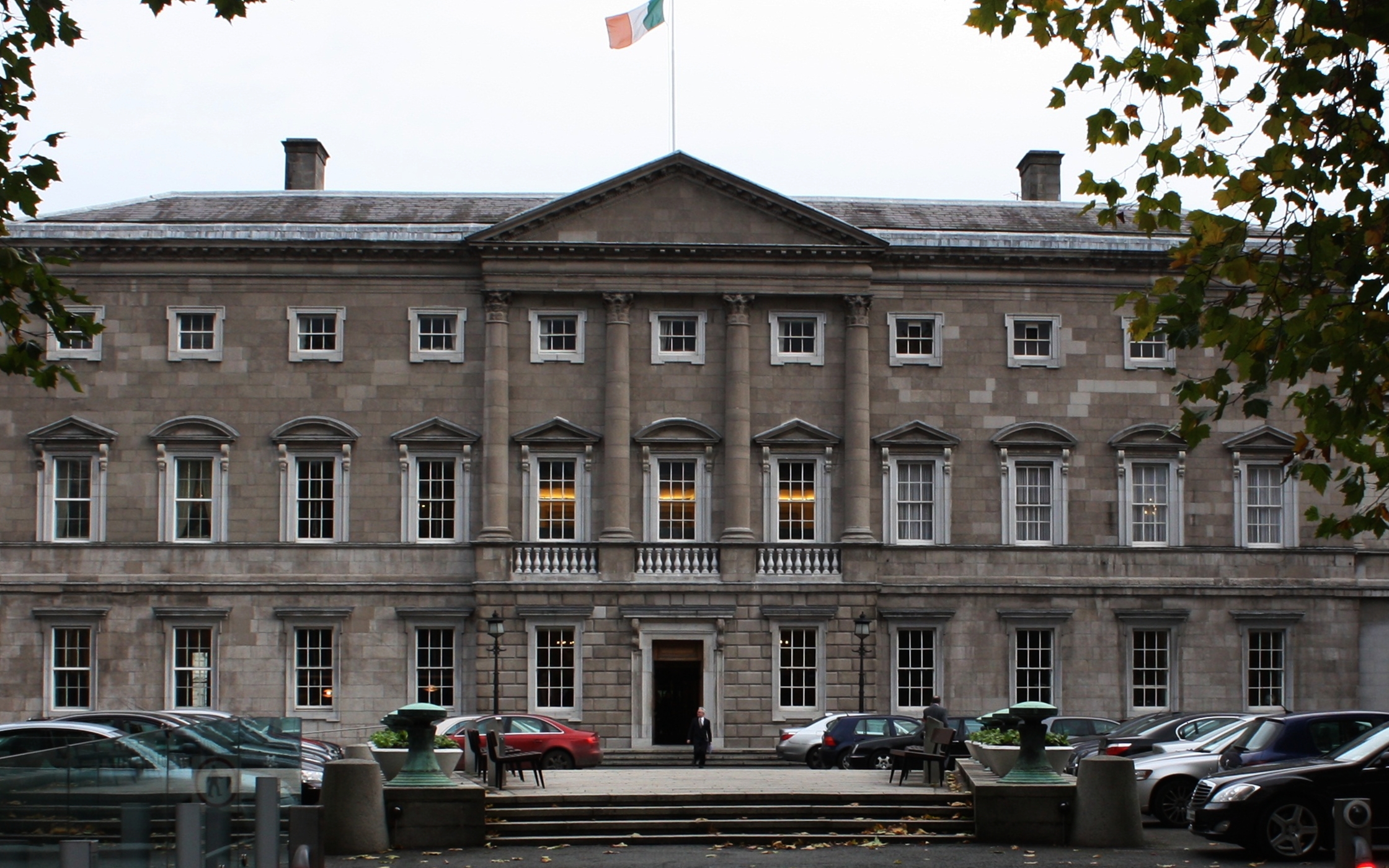On 12 October, the announcement of Budget 2022 evoked mixed reactions from third-level stakeholders. It was announced that €3.7bn would be allocated to students, universities and young people in next year’s Budget. While last year’s budget set out to fund education in light of the necessary and unprecedented changes brought about by Covid-19, this year’s Budget looks to fund and support schools against the ‘backdrop’ of the Pandemic.
As education slowly returns to normality, there was a focus in this year’s Budget on the extraordinary effects that unconventional learning in the last year and a half has had on the sector. Despite this, however, third-level bodies expressed disappointment and criticism at the decisions made by Government.
Major gaps in investment were highlighted by stakeholders such as the Irish Universities Association (IUA), who lobbied for further investment in talent as well as research and innovation. In their pre-budgetary proposal, IUA suggested an investment of €83m in skills and talent as well as a further €278.5m in research and innovation. This was held in contrast to the €200m outlined in the Budget as a package to be used to “strengthen the financial position of universities.”
In their reaction to Budget 2022, they underlined that this sum will not provide any further investment in research activities in 2022. They pointed out that they are still awaiting the report on future investment which was received by Minister for Further and Higher Education, Simon Harris some months ago. In a press release, the IUA expressed that they were disappointed it was not included in this Budget.
Similar reactions were elicited from the Teachers Union of Ireland (TUI), who in their reaction to Budget 2022, echoed the IUA’s sentiment that investment in the sector is badly needed, especially if there is to be such emphasis placed on talent as one of Ireland’s hugely important assets.
The major barriers to education which continue to exist in Ireland were brought to light by this budget. Despite high quality third level education being advertised as one of Ireland’s social advantages, fees remain the highest among EU states. Student bodies such as the Union of Students Ireland (USI) criticised Government for its refusal to address this in Budget 2022.
The USI has long been advocating for a reduction in student contribution fees, with the eventual aim of total elimination of said fees. These costs are currently set at €3,000 per year. Last year the USI lobbied for a reduction of €500 in such fees in light of changes to education brought about by Covid-19. However this was rejected by Government.
This year, in their pre-budgetary proposal, they proposed a €1000 reduction for the following year, with a further €1000 reduction in the two years after that. Despite this however, no changes to the student contribution charge were made in Budget 2022.
A significant imbalance between Ireland’s extraordinarily low corporation tax and the high expense at which it costs to obtain third-level education remains unaddressed by Government, despite the urging of many third-level bodies to examine this.
A feat of this Budget was the increase in Student Universal Support Ireland (SUSI) maintenance grants by €200, a change not seen in the grants since their cut in 2011. As well as this, the eligibility requirement has been raised by €1000, while the qualifying distance has been cut from 45km to 30km.
However, IUA president Claire Austick called the increase “disappointing” and underlined that it does not by any means correlate to the cost of living. Considering that the average rent for student living in Purpose Built Student Accommodation (PBSA) is €245 per week, it is indeed true that these maintenance grants do not correspond to the cost of living.
Despite focus being put on the Housing For All plan in Budget 2022, it saw no mention of PBSA and the pressing issues surrounding student accommodation. Ahead of the Budget, USI called on Government to provide block grants to Higher Education Institutes (HEI) in order to fund the construction of student accommodation.
It is not the first year that has seen a plea for investment in student housing, however this year the student housing crisis is the worst it has been. Due to an overwhelming increase in CAO places this September, more students find themselves stuck for housing than ever before. Despite the fact that €68 million of this year’s Budget will go towards funding the additional 3,320 CAO places, there is no indication of resolving the student housing crisis.
The reaction of third-level stakeholders to Budget 2022 is telling of frustration with Government’s failure to recognise the many obstacles to higher education that exist for Irish, and indeed international students looking to study in Ireland.
While this most recent Budget saw some wins for the education sector, it failed to address issues which have been prevalent for years, and that have been highlighted by such third-level bodies time and time again. If higher education is to be maintained as a social and economic advantage, it appears that major expenditure to improve it must be considered.






